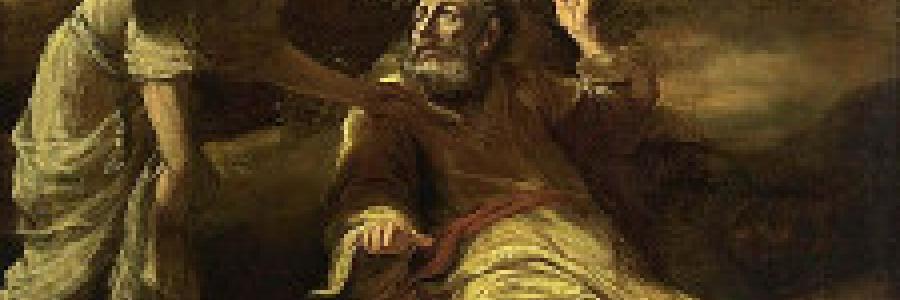What Is a Prophet? (Part 2)
Read Part 1.
Prophecies of Far Future Events
The ministries of Samuel (see 1 Sam. 3:9-18), Elijah (2 Ki. 1:3-4), Micaiah (1 Ki. 22:17-20), and Elisha (2 Ki. 3:14-19) included short-term predictions which could be verified. But there were also prophecies which anticipated things much further off, like Nathan’s oracle,
I will also appoint a place for My people Israel and will plant them, that they may live in their own place and not be disturbed again, nor will the wicked afflict them any more as formerly… (NASB, 2 Samuel 7:10)
This hope for David’s people has not yet been realized, and the later prophets repeat it. These later writing prophets often made long-range predictions which could not be confirmed during their lifetimes, but these far off prophecies were established on the assurance of contemporary foretellings which came to pass. One thinks about Amos’s oracle against Israel (and the interfering priest Amaziah) in Amos 7:14-17, or Jeremiah’s pronouncements concerning the conquering Babylonians in Jeremiah 21:1-10. Ezekiel was told that there were still Jews in the land who foolishly believed that God would not drive them out of the land. His prediction to the contrary (Ezek. 33:21-33) ended with the solemn words,


Discussion